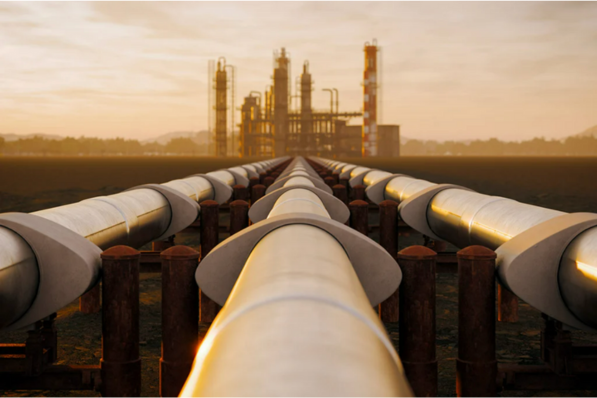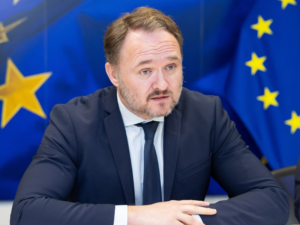The European Union is proposing a set of new regulations that would, among other things, give Member States the power to limit Russian and Belarussian companies’ access to natural gas and LNG infrastructure, a move that could substantially reshape the European natural gas landscape.
At a meeting held at the beginning of December, representatives of the Council of the EU, the EU Parliament and certain Member States reached a provisional political agreement on a new regulatory package, which, if enacted, would introduce common internal market rules for natural gas, hydrogen and certain other renewable energy sources. The proposed regulations are primarily designed to facilitate the penetration of renewable and low-carbon gases into the EU’s energy system – in particular, hydrogen and biomethane. This proposal comes nearly two years after Moscow’s full-scale invasion of Ukraine and is part of the EU’s broader strategy to make good on its decarbonization commitments while also reducing dependency on Russian energy sources.
As regards natural gas, a key feature of the proposed package is a regulation that would allow EU Member States to “adopt restrictions to the supply of gas, including LNG, from Russia or Belarus”. Whether to implement such restrictions and, if so, to what degree, would be left to the discretion of each Member State. As explained in a statement the Council issued on 8 December, this regulation aims to protect “essential security interests of the member states or the EU, while taking account of security of supply and diversification objectives”.
The provisional agreement reached now needs to be endorsed and formally adopted by both the Council of the EU and the EU Parliament. These steps are expected to be completed, and the proposed regulatory package to enter into force, by May 2024.




